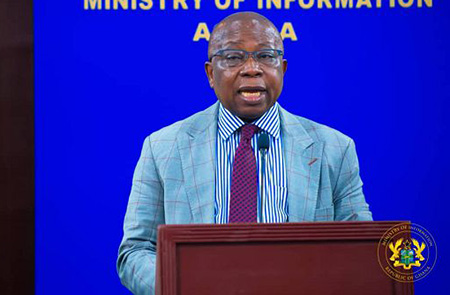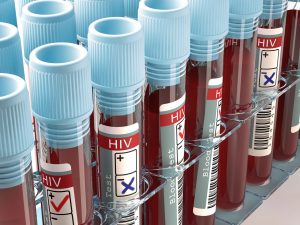The Ministry of Health says it is working with the police to identify, arrest and prosecute persons who engage in the sale of fake medications.
In 2013, the European Union ranked Ghana as the 6th largest producer of fake drugs in the world.
Over 800, 000 people, according to the World Health Organization (WHO), die each year due to the use of counterfeit medicines.
This is mainly because these drugs are less expensive and more accessible than genuine ones.
Speaking at the launch of the Ghana Global Standards Project for Pharmaceutical Traceability, the Health Minister, Kwaku Agyemang Manu, said the new system will help bring culprits to book.
The Ghana Global Standards Project has the capacity to identify, capture and exchange product information among all entities within the supply chain.
“The adoption of Ghana will be beneficial in tracing substandard and falsified medicines detected in the legitimate supply chain. It also helps address the risk associated with patient safety and medicine administration, thereby reducing the financial burden on the National Health Insurance Scheme.”
“The people are murderers, and they must be sentenced to death, but we do not have any means orbsystem to catch them and I believe that we are getting closer to unveiling strategies to grab them and see how hard we can punish them”, the Minister said.
Ghana Global Standards Project aims at strengthening the pharmaceutical industry in developing and least developed countries to contribute to improved access to essential medicines.
This project also covered the broader assessment of Ghanaian companies during 2016.
The West African Health Organization (WAHO) has supported a regional project which has enabled the continuation of this work, including the provision of technical guidance to Ghanaian manufacturers and for the incorporation of the Ghana roadmap approach into an ECOWAS GMP roadmap framework.
Ghana has the second-largest pharmaceutical manufacturing sector in the ECOWAS Region with 38 manufacturers registered with the FDA, and over 30 actively producing, directly employing over 5,000 people.






